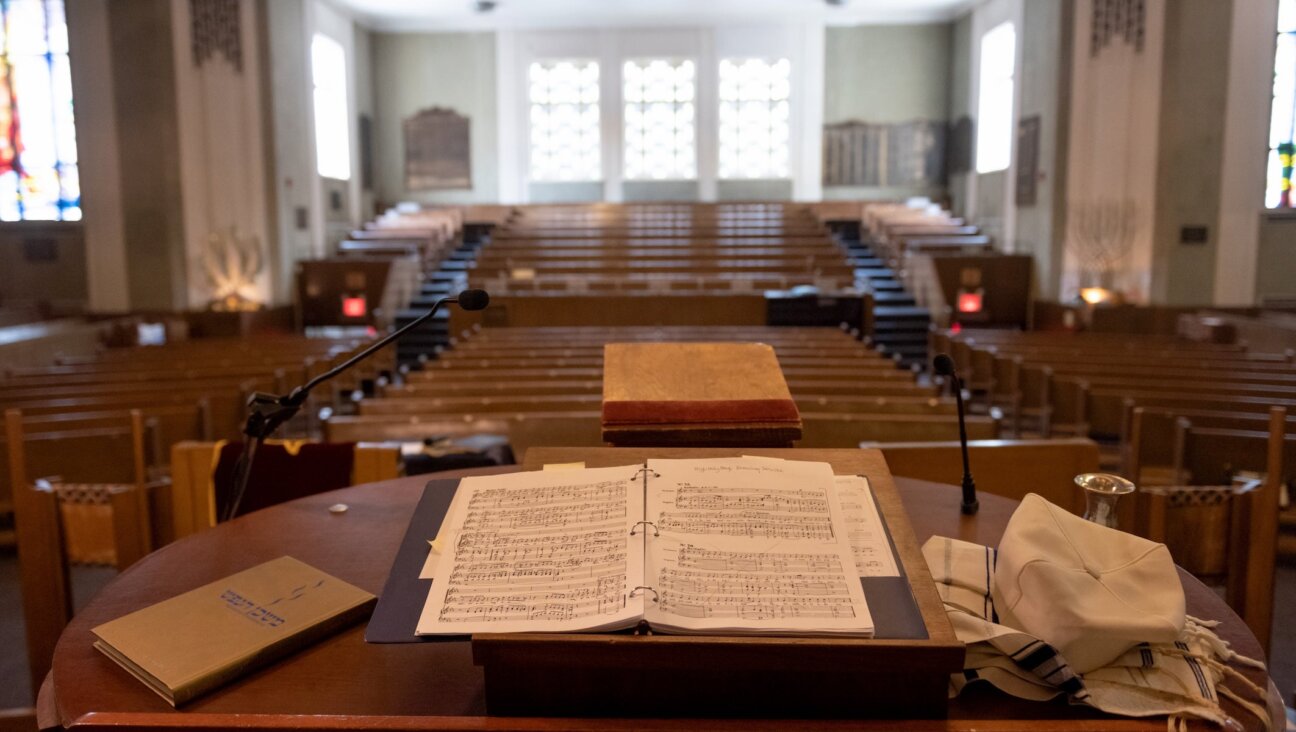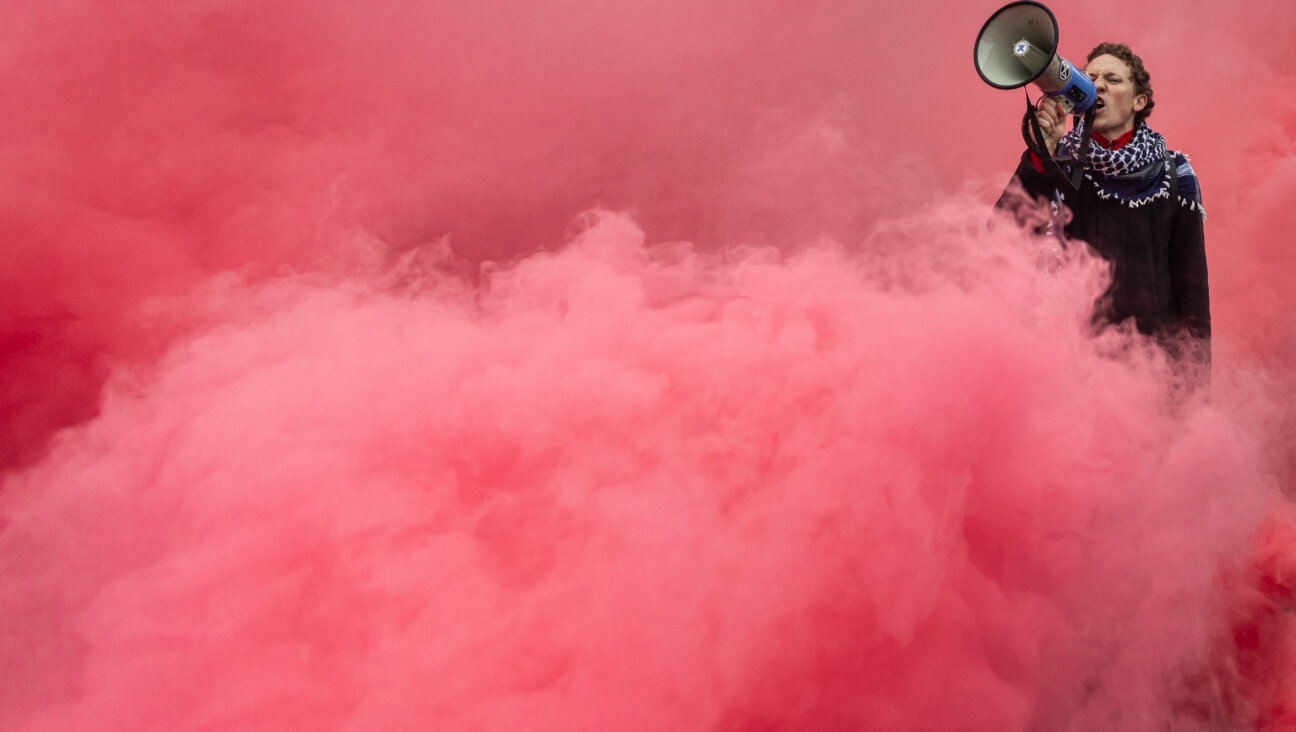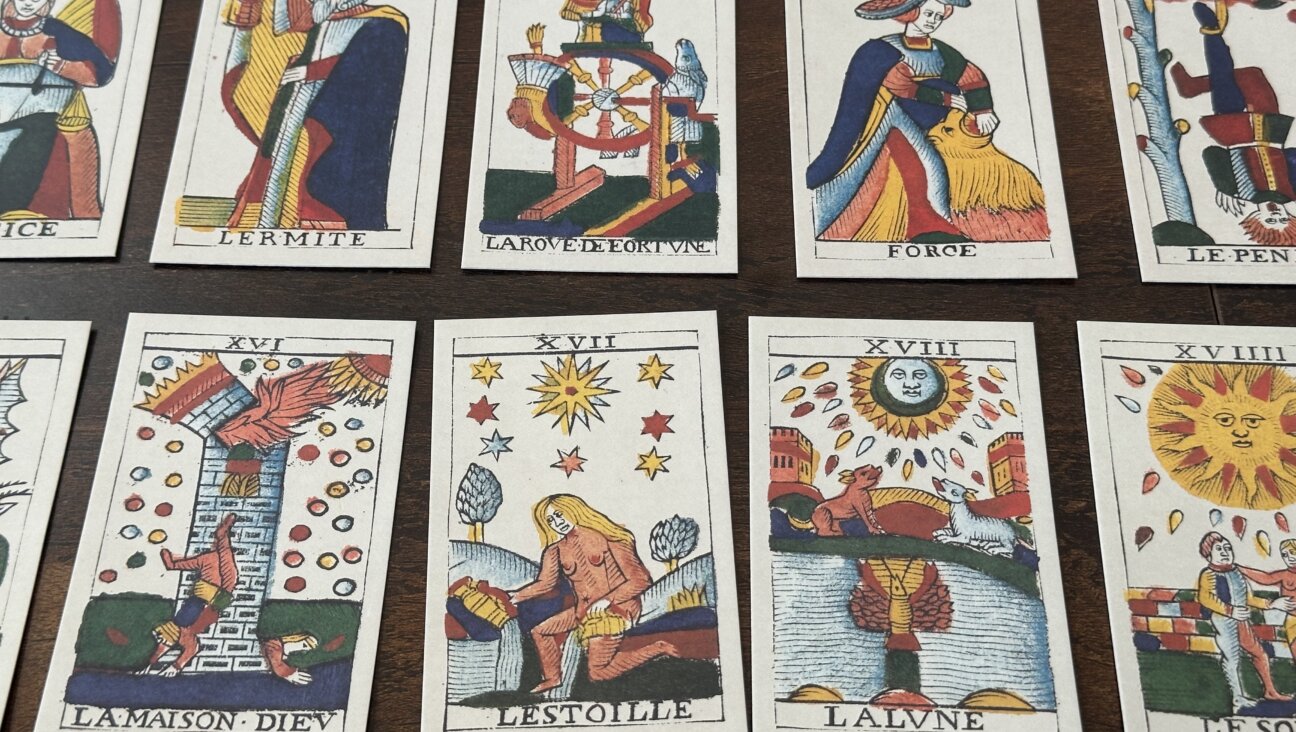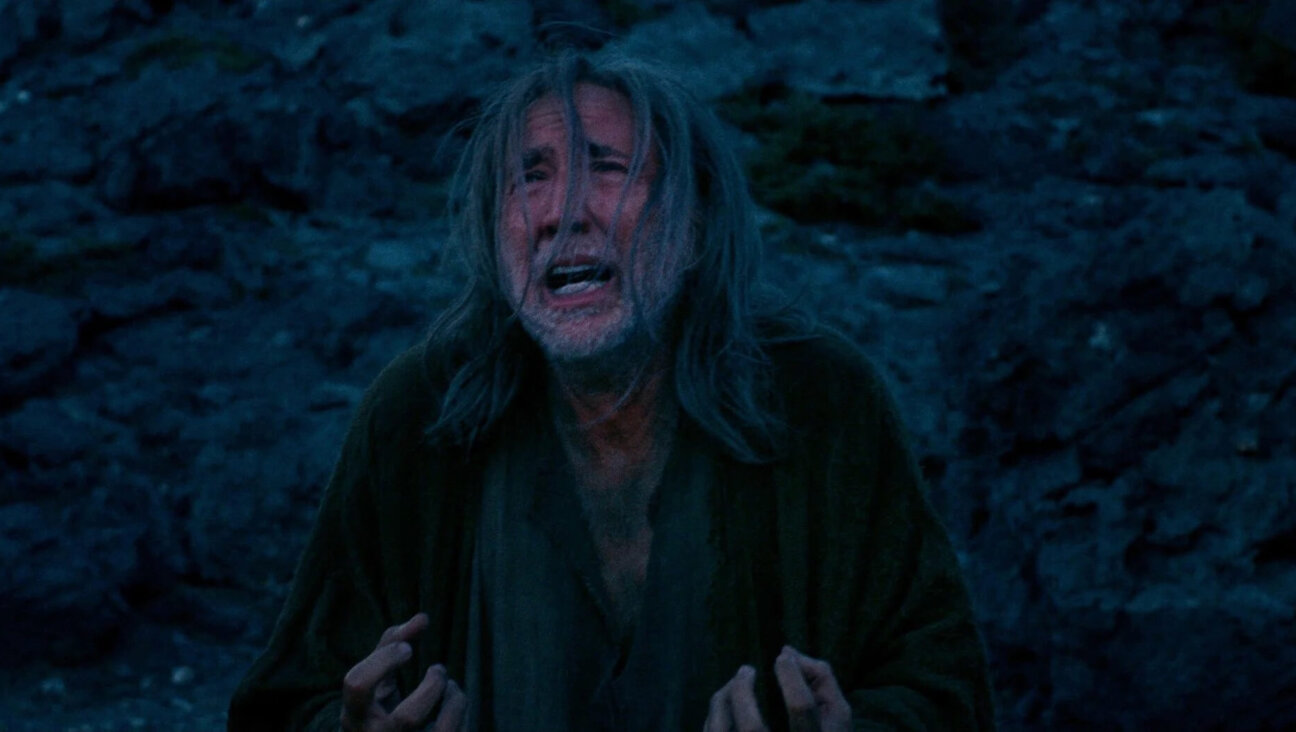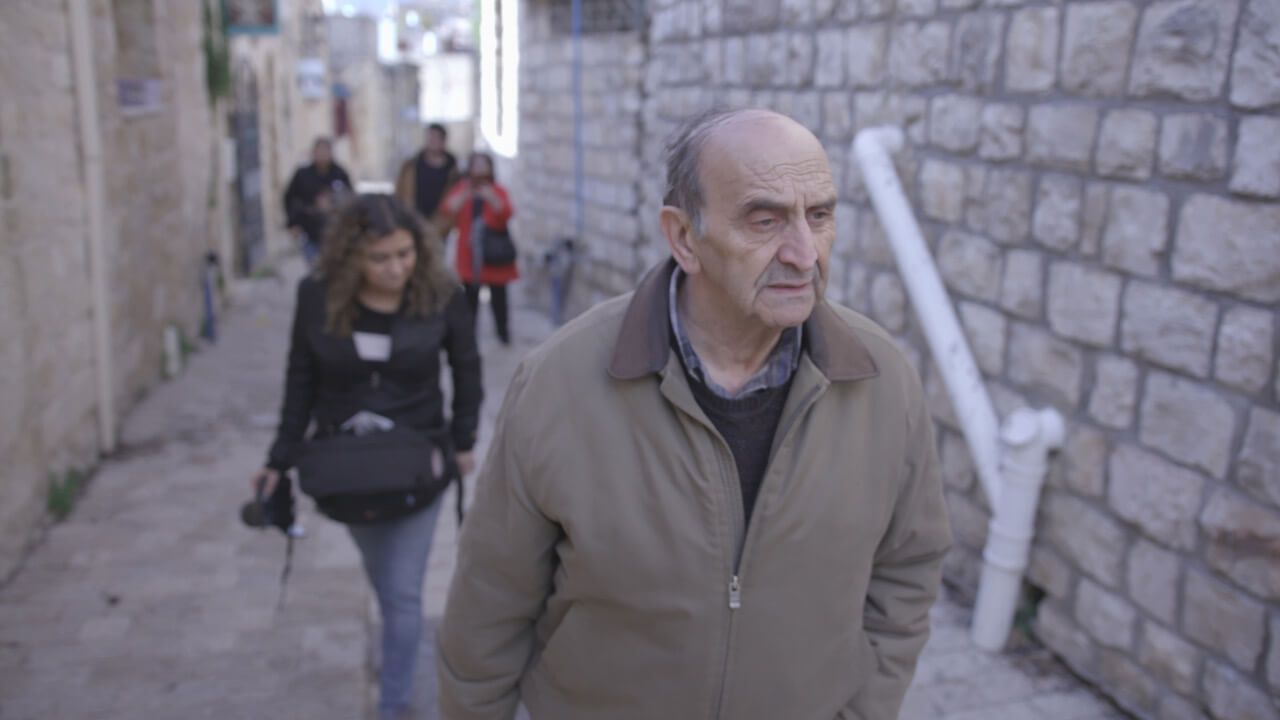U. of Oklahoma Returns Looted Pissarro Masterpiece to Jewish Owners

Graphic by Angelie Zaslavsky
A fight over an impressionist painting at the University of Oklahoma that was looted by the Nazis during World War Two came to an end when the university announced a settlement on Tuesday to return it to the Jewish family it was stolen from.
Title to the 130-year-old painting, “Shepherdess Bringing in Sheep” by Camille Pissarro, will be transferred to the family of Leone Meyer. The settlement calls for the painting to be displayed at the university’s Fred Jones Jr. Museum of Art and a yet-to-be-named museum in France on a rotating, five-year basis.
Under the settlement, the university will recognize the painting was stolen.
When Paris fell in World War Two, German troops looted museums, galleries and personal collections across France, including artwork owned by Parisian Jewish businessman Raoul Meyer, who had a large collection of French impressionist paintings including the Pissarro now in Oklahoma.
His daughter, Leone in 2013 filed a lawsuit in federal court against the university, its foundation and art galleries that said the painting was registered as plundered artwork that entered the United States without the family’s knowledge in 1956.
The university has claimed the school was honoring a court decision made in 1953 in Switzerland that allowed the painting to remain in the United States.
It argued the painting passed through many hands and was purchased in good faith from a New York art gallery by oil tycoon Aaron Weitzenhoffer in 1956. When his wife died in 2000, the Pissarro painting was among 33 pieces of art donated to the university museum.
State Representative Paul Wesselhoft, involved in the campaign to return the painting, hailed the settlement.
“This is a wonderful victory, but it is unfortunate that it took so long,” Wesselhoft told reporters.
“They (the university) should have known and must have known that it was the moral thing to do to give back something that has been stolen.”—Reuters




